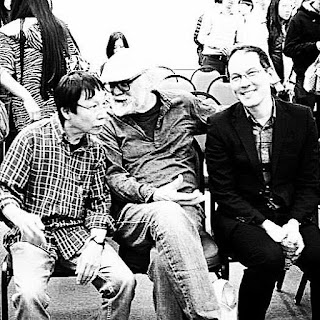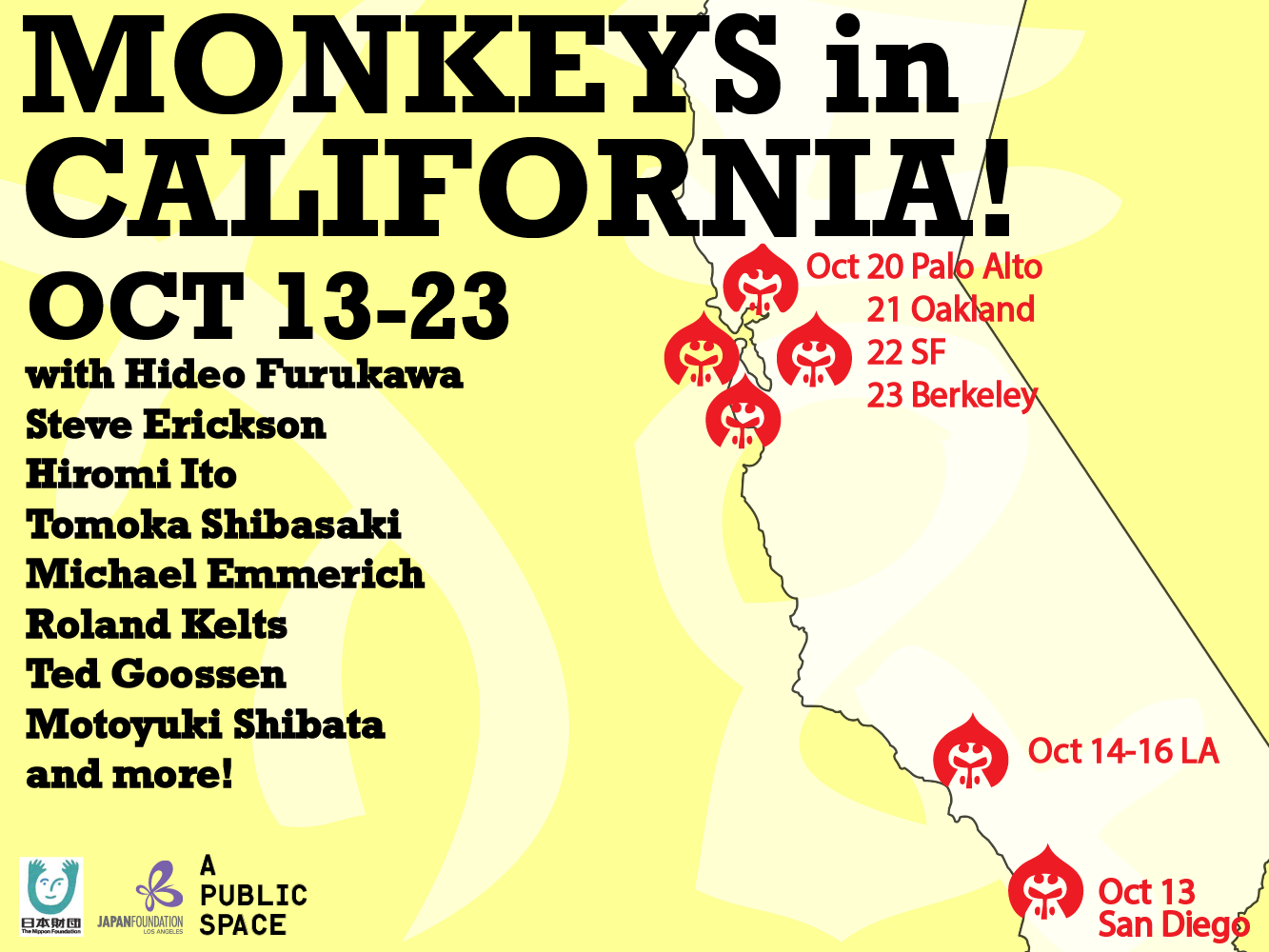Returning to my Japan Times column for "Ghost of Tsushima"

Soundtrack to Ghost of Tsushima stands out for its seamless blend of musical influences The Japan Times Here in the middle of 2020, a terrible year by nearly every measure, cultural authenticity is the name of the game. Pretending to be what you are not will get you canceled in a TikTok minute. Fortunately for Sony Interactive Entertainment (SIE) and developer Sucker Punch Productions, they have just released the year’s most celebrated transcultural video game, Ghost of Tsushima. The last major title created exclusively for Sony’s PS4 console platform and already a money-spinning international hit, Ghost of Tsushima earned its online street credentials through painstaking research and collaboration. The game’s stunning visual depiction of feudal Japan under Mongol invasion in the year 1274 is rendered so convincingly that it has won praise from industry critics both here (Weekly Famitsu gave it a coveted perfect score) and abroad, as well as near-unanimous thumbs-ups from gamers on soc...










